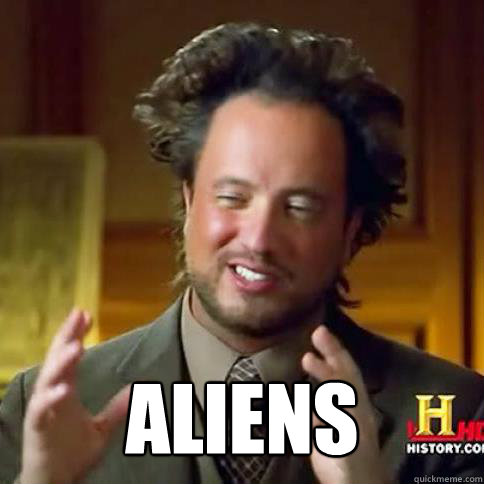What you describe here is irreligion.
First time I heard of the term. As with any classification, it is hard to be absolute. But I suppose I am an agnostic, irreligious, atheist.
That is, I think it is impossible to know, I do not practice and am strongly convinced that it is all bullshit (but do not hold that as a belief).
i kind of imagine it as the set of people that atheists surround themselves with -- probably others that think similarly -- which is like "gathering for church", but in a less formal way -- talking about science, hard-core philosophies, and Dresden Codak

.
I do not think that I particularly surround myself with atheists. It is a bit of a mix, though the majority of the Netherlands is irreligious. According to wikipedia (24% atheist, 34% agnost, 28% Ietsism, i.e. something-ism (unspecified belief in some transcendent force) and 14% theism, with 67% being irreligious). Those percentages are roughly reflected in my club of friends.
I am not entirely sure how it goes in the US, but here it is not uncommon for such audiences to mix and speak about stuff. From the outside it sometimes seems like the US either segregates according to belief and political opinion or declares such topics taboo. In contrast, here politics and religion are "popular" topics of conversation since anyone has an opinion about it. If you meet a stranger you talk about weather, politics, complain about the current situation or you do not talk at all. I exaggerate a bit, but you get the gist.
i don't think atheists "just" "don't believe in god(s)"; i consider atheism to have a strong belief in the sufficiency of reason. instead of sola fide, sola ratione. of course, i think atheists strongly take up rationalism as a rationale for not believing in gods.
Perhaps that is true. Though I see it more the other way around, the strong sense of rationale leading to not believing in gods.
the "faith" that atheists have is, then, in their ability to be rational and make reasonable (truthful?) statements, despite the chaos that birthed and bred humanity. (at least, as far as i see it.)
I would not call that faith. It is more that rational thinking has brought a lot of good into the world (especially compared to irrational thinking, but perhaps also (subjectively) compared to religious thinking). The argument for rational thought has much more evidence supporting it and thus I would not refer to it as belief of faith. It also feels very strange to use the word
faith for something, I would sooner say
I am convinced that or
I am confident in or anything along those lines.
My journey into AUTISM and theories on life.
Wrong forum or thread, please check:
http://wrongplanet.net/forums/


